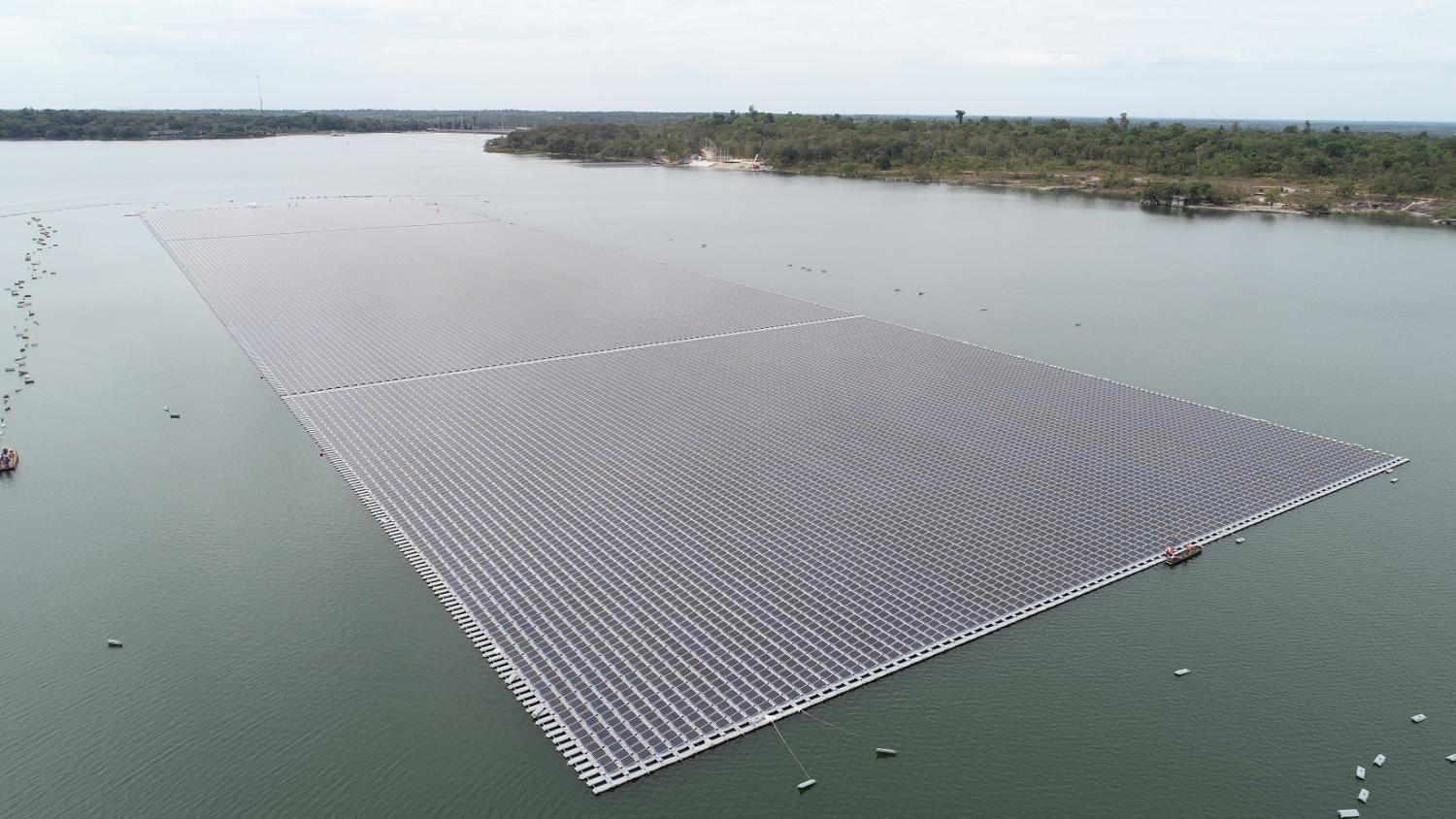
Federation of Thai Industries (FTI) is warning Thai exporters to brace for non-tariff barriers (NTBs), likely to be imposed by developed countries on their products, if Thailand fails to increase the proportion of renewable energy in its energy portfolio.
FTI's Renewable Energy Industry Club chairman Suvit Thoraninpanich said on Monday his club is alerting both policymakers and businesses to the NTB calculated on carbon emissions related to exported products under the neutral carbon policy.
NTB is not exactly a tax but a "fee" charged to products that uses unclean energy or demands a lot of energy during manufacturing process.
The measure is expected to be implemented by several developed countries that are shifting from fossil-based energy to renewable energy, he said, adding many countries are even trying to reduce carbon emissions to zero within a few decades.
"Products exported to the European Union must have a lower carbon footprint, which is mainly caused by electricity and transport," said Mr Suvit.
"If our renewable energy proportion is low, we will face the NTB," said Mr Suvit.
Last year, Electricity Generating Authority of Thailand (Egat) produced electricity of 191.934 billion kilowatt hour (unit), with natural gas as a main fuel (58.69%), followed by coal (23.92%) and renewable energy (15.65%).
Mr Suvit hopes the direction and use of energy will be made clearer in Thailand's 2021 Power Development Plan (PDP 2021).
The plan is being revised and is scheduled to be complete in the fourth quarter.
Authorities previously set a target to increase the proportion of renewable energy to 30% of the energy portfolio by 2037. The increase will come from solar, biomass and biogas development projects.
Egat last month announced a partnership with the Royal Thai Army to conduct a joint feasibility study on the construction of a 300MW solar farm on military land in Kanchanaburi province.
The study is expected to finish within the second quarter of this year.